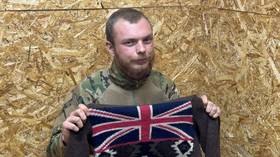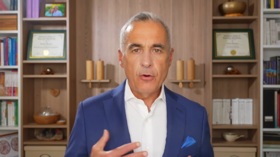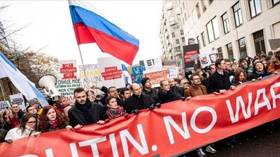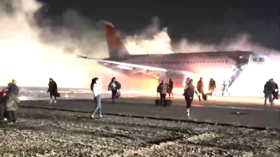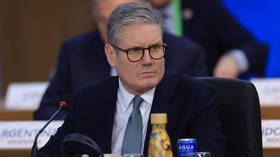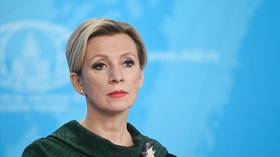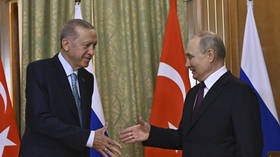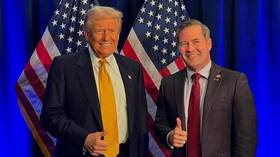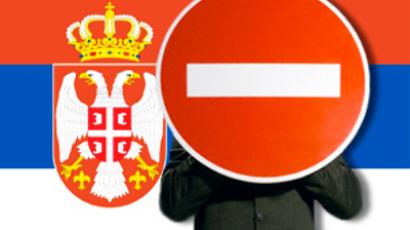Truth about Georgia from behind the lens
While critics of the Georgian government say authorities continue to intimidate the shrinking independent media, there's one documentary maker who won't be pressured into concealing the truth.
The Georgian government sees Vakhtang Komakhidze as a pariah, but many of his own people think he’s a hero. For him, it’s all part of the job. He’s been making movies most of his life – winning a reputation as one of the handful of independent Georgian documentary makers not afraid to tell the truth. But there’s one story he’s choosing not to tell – and that’s last year’s war with Russia.
“It would be very painful for me to make a movie about my own government provoking such a war. The Ossetians invited me to come and do a documentary, but now it’s too late – Georgians are no longer allowed into the territory of South Ossetia. There are many important questions still unanswered. Who started the war? Why? How did the army behave towards civilians?” Vakhtang said.
He rose to fame in the 1990s, during years of wide-scale corruption in Georgia. The Soviet Union had just collapsed, and privatization was rampant – along with corrupt deals in the economic chaos.
In one of his movies, Vakhtang exposed the handshakes that were taking place under tables throughout the country. High-profiled businessmen lost millions of dollars because they were not in cahoots with the government.
Another of Vakhtang’s movies to hit the headlines was the one he made last year, in which two buses with Georgian voters exploded in front of the cameras after being hit by missiles. Georgian officials blamed Abkhazians for the attack in which 3 people were injured, but Vakhtang found proof that the missiles had come from the Georgian side. The United Nations used his footage in condemning the attack.
The documentary maker says that after his films started coming out, the government became stricter, and now controls all the funding of films in Georgia.
Vakhtang’s car has been broken into ten times – something he says is not unusual in Georgia nowadays. His home’s also been raided by the Georgian security services.
So being a journalist in Georgia is indeed taking a risk, he says.
“I think there’s a risk in every field of journalism. But it’s not in the interest of the Georgian Government to persecute journalists, because it still wants to maintain its democratic image on the world stage. Only in that way can it continue to get funding. But yes, the government is indirectly intimidating us.”
Critics of the government say media intimidation is on the rise. Most television stations are government-controlled, and the few independent newspapers that still exist are under constant surveillance.
Meanwhile, members of Georgia's opposition plan to protest in Tbilisi for the release of thirty prisoners, arrested since demonstrations against President Saakashvili began in April. The opposition claims the arrests were politically motivated.


